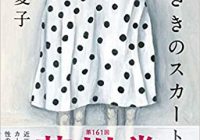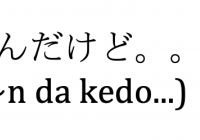Japanese Book Release: “The Spirit Drum” by Kyusaku Yumeno
The more I study Japanese the more I am attracted by Japan’s literature that boasts a certain mystique hard to find in western fiction. In addition to the many differences between the English and Japanese languages themselves, Japan has a culture that goes back several thousands of years, giving an extra depth to its literary… Read More »






